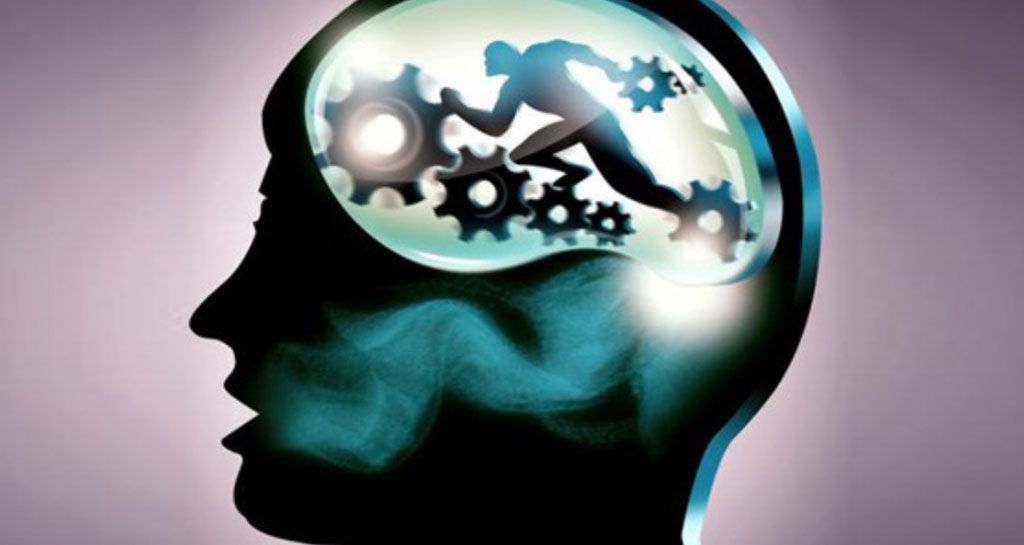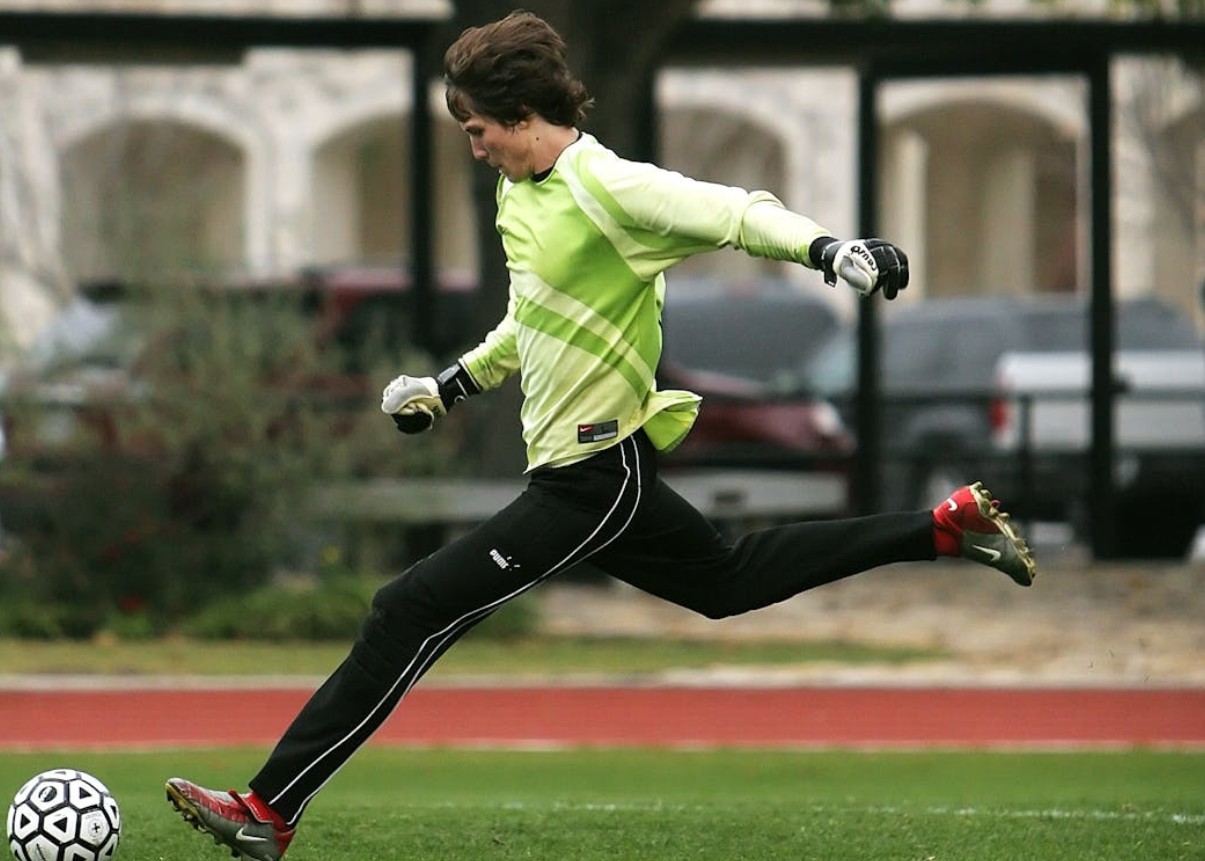Mental Preparation And Game Readiness
Physical preparation is not the only factor that c

Physical preparation is not the only factor that contributes to (or becomes an obstacle) to success in sports. Another important factor is the person's mental health, mood before the game, and competitiveness. The mind and body should be well prepared, be on the same page, and interact effectively. Thus, when beginner bettors read football betting tips, they can see that professional analysts include these two factors when analyzing and predicting match outcomes and results.
So, here's the thing: it's clear how physical fitness contributes, but what about the mental factor? That's what we'll discuss in this article.
Understanding Sports Psychology
This term refers to an area that studies the mental state of athletes and its impact on physical performance and results. There are specialists (sports psychologists) who help players work through their emotions, which can arise for the following reasons:
- Stress.
- Mental pressure.
- Competitors's criticism.
- Defeats.
- Other reasons.
Sports psychologists provide effective assistance to people who are professionally engaged in various disciplines. However, communication with these psychologists is also useful for individuals interested in an active lifestyle or who want to strengthen their motivation to engage in sports. A great example is an overweight person who needs motivation. A sports psychologist may also help an individual who wants to gain muscle. Thus, people can cope with certain restrictions more effectively.
History Of Sports Psychology
It's a relatively recent field of study in psychology. The idea emerged when a research group started studying the behavior of athletes. The results of the research revealed that there is a strong continuous relationship between physical activity, performance, and mental health. However, the field itself did not receive recognition in its early days in the 1920s. Neither the players nor the scientific community paid much attention to it.
Only in the 1980s did scientists start taking it seriously. The main topic was the connection between the mental state and physical fitness. That's when sports psychology gained the attention it deserved, which has led to the emergence of sports psychologist job positions.
What Does The Sports Psychologist Do?
Psychological help is an important aspect that aids in improving a football player's performance before an important match. It also helps in other disciplines (for individuals and groups). However, let's use football as an example: a sports psychologist aids the athlete in becoming a more successful player. Their help affects the performance on and outside the football field.
Overall, here's what sports psychology helps to achieve:
- Control and manage emotions effectively.
- Develop strategic thinking.
- Improve stamina.
- Accept defeat calmly.
- Develop positive thinking.
The psychologist works with the entire team, helps with their interactions, and relationships within the group. Thus, the entire team can improve their results.
Psychology In Sports
A psychologist helps in sports aims to solve crucial problems, such as:
- Mental blocks.
- Self-esteem issues.
- Anxiety.
Professional psychologists use methods that help reduce anxiety before the match, overcome the fear of defeat, and improve overall performance.
Peculiarities Of Working On Emotional And Mental State Of Players
When a psychologist works with a team of athletes, they pay special attention to the emotional factor. Emotions control a person and affect their behavior. Human urges aren't always rational; sometimes, rash decisions significantly impact the further development of events.
Thus, it's important to control emotions and, in difficult situations, not let control slip. The psychologist's task is to teach players, help them develop their ability to make well-thought decisions, and objectively evaluate events within and outside the football field.
No sports team can strive without this control. It's also vital for individual athletes but especially important in team sports, as one person's decision affects the entire group. In this case, a player must learn to communicate in a team.
The psychologist's tasks, in this case, are to suggest effective methods of managing emotions, help solve interpersonal misunderstandings, and create a favorable climate within the team. Such factors have a positive impact on the performance of the team and its advancement in rankings.
How Does Sports Psychology Help, And What Qualities Does It Develop?
Qualified psychologist's help has multiple advantages. Here's how it can help players improve:
- Improved focus and attention. Not reacting to distracting factors helps players focus on the game and results. Players become more attentive and focused on their specific tasks. A great example would be the noisy stands of fans or an athlete's thoughts unrelated to his professional achievements or failures.
- Better stress tolerance. Football players can often feel discomfort during a game due to pressure from opponents. Protection against this factor makes it possible not to lose morale. The psychologist's task is to teach the player to treat specific situations correctly and not to succumb to triggers during the match and once it's over.
- Improved determination. This quality is important for every athlete. Therapy sessions help to get additional motivation and strength to move on. Their purpose is to develop this quality. In this case, dedication improves, which is vital during training and matches.
The bottom line is that psychological help aims to create a favorable environment within the team and for each individual separately. Properly selected psychological strategies can improve even an average player's performance, bring them to a new level, and extend their career.
Mental State And Its Influence On Match Results
Some time ago, sports experts believed that football players could be categorized due to the following factors:
- Skills.
- Playing style.
- Mental state.
The last factor is responsible for focusing on the match, speed of reactions during the game, fears, and, most importantly, the player's confidence. This was in the past, yet today, some data proves that mental state influences the player and manifests on the football field. Additionally, studies have shown that the risks of injury depend on the above-mentioned factors.
A study in the U.K. studied 588 football players. They had different skill levels (professionals, amateurs, and coaches). They had to complete a questionnaire with questions from three categories. Their answers determined the following factors of each player:
- Mental state.
- Psychological peculiarities.
- Other factors.
Here's what they had to describe:
- Their methods of dealing with fatigue on the field.
- How often do they struggle with making themselves do something when they don't want to.
- How they feel when facing an opponent with an aggressive playing style.
- Whether they experience (and how often) anger issues during a match.
Further research also considered such football factors as game experience, player's position on the field, and training time. Researchers concluded that football players whose answers showed insecurity were more prone to foul play or didn't see it as bad. In addition, such football players were more likely to be injured. On the contrary, more confident players were likely to play fair.
The Importance Of Psychological Help In Sports
Regular communication between the player and a psychologist leads to the following results:
- Improved focus.
- Better self-esteem and reliance on one's skills.
- Mental resistance to common triggers.
Thus, it's not just about revealing one's feelings and getting advice. Typically, specialists apply cognitive-behavioral practices, autogenic thought training, and even hypnosis.







